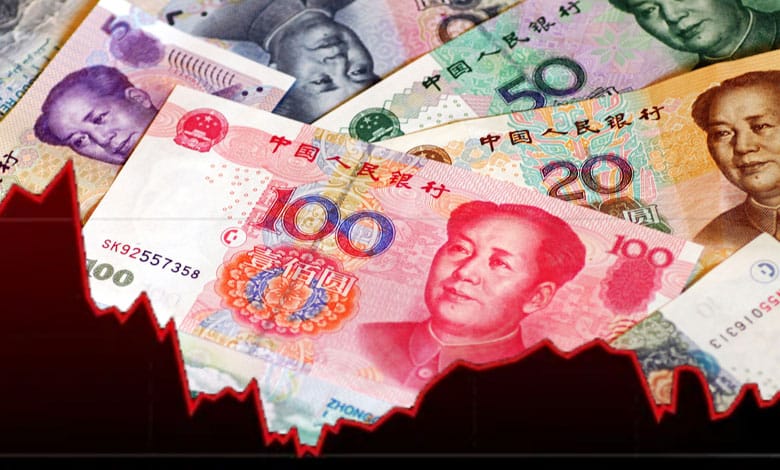
Bloomberg: The value of emerging-market currencies saw a slight decline on Wednesday, December 14, 2024, as concerns over China’s weakening yuan created waves throughout global markets. The MSCI emerging-market currency index edged lower, shedding as much as 0.2%, as Eastern European and Asian currencies led the losses. The shift came after the release of U.S. inflation data, which solidified expectations that the Federal Reserve would lower interest rates.
Table of Contents
The Impact of the Weakening Yuan
The most significant catalyst for the currency drop was China’s offshore yuan, which fell by as much as 0.5% to 7.2921 per dollar. This came after reports from Reuters suggesting that Beijing might allow the yuan to weaken further in 2025 as part of its strategy to mitigate the economic effects of potential U.S. tariffs under President-elect Donald Trump’s administration. The yuan’s fall is attributed to China’s efforts to stimulate exports by loosening its monetary policy. However, the depreciation of the currency raises concerns over capital outflows and potential financial instability, especially among emerging markets closely tied to China’s economy.
The Chinese currency has experienced a steady decline this quarter, with fears that a weaker yuan could hurt other emerging economies by making Chinese goods cheaper and undercutting local businesses. This dynamic could increase competition in already fragile markets.
A Ripple Effect Across Emerging Markets
The weakening yuan is not just a concern for China. Emerging-market currencies have become increasingly correlated with the Chinese yuan, reflecting the broader impact of China’s economic policy on developing nations. According to analysts, this correlation is now at its highest since June, highlighting the deep interconnections between China’s economic strategy and global financial markets.
Also Read: Prepare to remove TikTok from app stores: US lawmakers to Google, Apple
Emerging-market economies, particularly in Asia and Eastern Europe, are feeling the strain. Many nations in these regions depend on China as a key trading partner, and the weakening yuan has raised concerns about the long-term stability of their own currencies. Experts like Guillaume Tresca, Senior Emerging Market Strategist at Generali Investments, warn that while this is not necessarily a “currency war,” it represents an economic adjustment to the potential impact of U.S. tariffs.
China’s Strategy: A Double-Edged Sword
China is reportedly considering further devaluation of its currency to offset the impact of U.S. trade policies, which could include a proposed 60% tariff on Chinese imports. While a weaker yuan could make Chinese exports more competitive, analysts caution that such a strategy may only offer temporary relief. The People’s Bank of China (PBOC) has indicated that it will maintain a “strong defense” of the yuan, aware that a sharp decline could provoke retaliatory actions from the United States and exacerbate China’s financial challenges.
The broader problem for China lies in its ongoing economic struggles, particularly the slowdown in the housing market and consumer activity. Experts suggest that China is experiencing a “balance sheet recession,” where the accumulation of debt and losses in the real estate sector prevent consumers and businesses from spending or investing, rendering typical policy tools like interest rate cuts or currency devaluation ineffective.
China’s Economic Struggles and Policy Response
While the Chinese government has attempted to stabilize the economy with small-scale fiscal stimulus and market interventions, these measures have failed to produce substantial results. According to analysts, Beijing’s response has been timid, with no bold fiscal measures in place to address the real underlying issues in the economy.
Economist Alfonso Peccatiello points out that in a balance sheet recession, weakening the yuan or cutting interest rates will not solve the root problem. Consumers and businesses are focused on repairing their finances rather than spending or investing, making traditional economic stimuli ineffective.
Is a Weaker Yuan the Solution?
The question remains whether China’s potential strategy of devaluing the yuan will work in the long run. While it may offer short-term relief for exporters, it does little to rebuild the wealth lost in China’s collapsing property market or restore consumer confidence. As the Chinese economy faces significant challenges, analysts argue that only substantial fiscal stimulus focused on troubled businesses and consumers could revive growth.
As Beijing navigates these complex challenges, the broader impact of the yuan’s weakening is being felt across emerging markets, highlighting the interconnectedness of global economies and the ripple effects of China’s economic policies.
